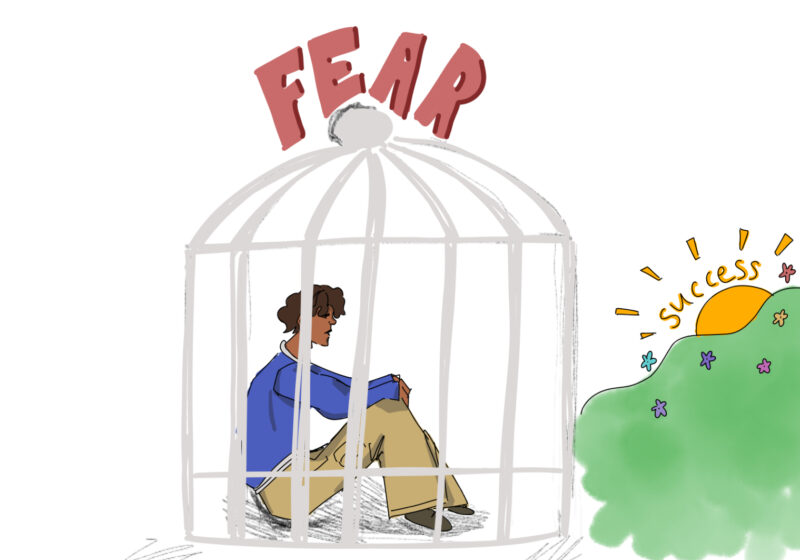
Since Joel Seligman’s inauguration on Oct. 23, 2005, the University has seen both progress and challenges.
Entering his fifth year as UR President, Joel Seligman gave his Five-Year Report to the faculty senate and the University community on Sept. 7. In it, Seligman discussed, among other topics, the progress made by the University during his presidency and UR’s plans to cope with the tough economic climate.
Seligman started his presentation by discussing one area in which the University has made substantial progress over the last five years — sponsored research.
From both federal and private sources, UR received a total of $415 million in research funding this year, around $64 million more than last year. In recent years, the University has been earning significantly more grants from the National Institute of Health (NIH), the National Science Foundation and similar organizations.
Applications and accepted student numbers have also been on the rise since Seligman’s inauguration, with a new record being set at 12,804 applications fromthe Class of 2014.
Seligman went on to discuss progress that has been made in areas such as communications, resources, strategic planning and community relations, the last of which Seligman takes particular pride in.
“I am very proud of the ever-strengthening relationships with the community,” Seligman said. “Every time I walk through Brooks Landing or focus on ways we’re helping Rochester thrive, I’m particularly pleased with it.”
Among all the positive strides made in recent years, however, there are some areas that Seligman admits are still in need of improvement, perhaps the weakest of which is faculty diversity.
“It’s a little bit like a salmon swimming upstream, in the sense that our ability to make progress with faculty diversity is set against what has been a very tough economic situation for the whole country,” he said.
Seligman stressed his belief in the value of the tenure system, but explained that placing this emphasis on retaining faculty makes change a slow-moving process. However, measures such as the creation of a special opportunities fund, which provides capital to help recruit and retain faculty members from minority groups, are being put in place in an attempt to remedy the problem.
The recession is taking its toll on the University in other ways as well. Notably, the President acknowledged in his report that some objectives from the Strategic Plan, developed by his administration in 2008, will either have to be scaled back or executed over a longer time span.
Two areas from the plan that are likely to suffer most are faculty hiring and facilities projects.
“Candidly, the number of new faculty hires we’re going to make is going to be a little bit constrained, and that has been one consequence of this,” Seligman said.
In general however, faculty hires have actually increasaed during Seligman’s term. According to Senior Vice President for Administration Finance Ronald Paprocki, the College of Arts and Sciences was able to ramp up the size of its faculty this year.
“Last year, there wasn’t any growth,” Paprocki said. “This year, the faculty in the College of Arts and Sciences is six positions larger than [before].”
The statuses of certain facilities improvements, originally slated to take place in the coming years, are being re-evaluated due to the recession as well. In particular, the Mt. Hope Corridor, which the University was considering turning into a new college town, and the new wing of Strong Memorial Hospital are in question. Seligman believes that both projects will eventually be completed, but discussions are ongoing.
In response to these economic concerns, Seligman and his administration have created a Comprehensive Capital Plan, the main goals of which are to increase support for students and faculty, help the University grow without changing the student to faculty ratios and improve facilities across the campus.
Despite the looming economic hardships affecting all businesses and institutions, Seligman remains positive and is particularly impressed by the degree to which the community is stepping in to help the University accomplish its goals. Still, Seligman recognizes that his administration’s work is far from done.
“I often wake up each morning and feel like we’ve only just begun,” he said. “There’s a sense that we’re moving in the right direction, and we’ve got some momentum, but we’ve got a long way to go.”
Seligman’s full Five-Year Report can be found online at the Office of the President Web page on www.rochester.edu.




